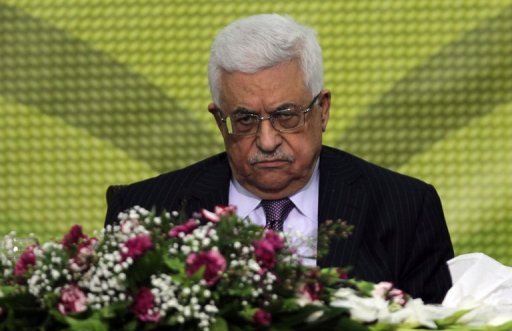ABU DHABI: If anyone had any doubts about the emergence of Abu Dhabi as a global media centre, those doubts must surely be gone by now. I was at the Emirates Palace hotel last week for a reception to mark the launch of CNN Abu Dhabi. It was exciting, and it was impressive.
CNN International-launched in 1985, five years after its parent Cable News Network in the United States-has more than 500 million viewers in households and hotel rooms throughout the world. Abu Dhabi now joins its regional production hubs in Atlanta, Hong Kong and London, which will help turn the city into a global household name.
But there is more to the launch of this operation than the international branding of a booming city. This development also brings with it new challenges and an opportunity for the UAE and the wider region to make their mark on international public opinion. To do so, however, the region needs a fuller understanding of what it takes to harness the power of international television in the global battle for hearts and minds.
CNN Abu Dhabi will not just be about breaking news. Three of the network s high-profile shows – Prism, Marketplace Middle East and Inside the Middle East – will be produced in Abu Dhabi and broadcast worldwide. They should provide a platform for politicians, business leaders and civil society groups to debate some of the region s enduring cultural, economic and political concerns.
And this is a two-way street. As much as the region seems excited at the prospect of reaching out to global audiences, international media themselves are also keen to tap into the deep well of indigenous voices to sustain their round-the-clock programming. How those mutual expectations play out should define the future of this critical relationship.
CNN has already unveiled its plans to uncover intriguing stories and conduct in-depth interviews with business and cultural leaders from the region, without compromising its professional standards. In this context, the network s early broadcasts have been revealing.
The first episode of Prism, the new half-hour prime-time news show produced in Abu Dhabi and anchored by the veteran journalist Stan Grant, kicked off with international news, followed by Democracy or Dynasty, a feature that addressed Egypt s future leadership. And in Inside the Middle East Grant produced a fascinating segment on the Emirati animation show Freej, which depicts traditional life in the UAE.
The Freej feature illustrated how CNN will spotlight the region s unique cultural peculiarities, while Democracy or Dynasty demonstrated how vulnerable the region is to investigative probing by international media.
The Arab world s handling of international television networks over the past decade has been poor. Based on my research into media in the post-9/11 era and on first-hand involvement with government officials in broadcast media training, I believe the region has some way to go before it can realize the full potential of international television. The flaws include poor communication, incoherent discourse and shocking ignorance of international professional media standards and practices.
For example, television thrives on debate that is terse, clear and straight to the point, but some people from the region adore long-winded and convoluted arguments, elaborate details and linguistic redundancies, all of which contradict the basic premise of television as a time-sensitive medium.
In addition, the manner in which many Arab political views are presented reveals serious deficiencies: however sound the argument, it cannot be persuasive if it is poorly constructed. One can see this demonstrated quite clearly in the BBC s Doha Debates, in which some guests and audiences alike are handicapped by foggy vision.
Perhaps the thorniest problem, however, arises from the region s failure to understand how international broadcasters operate. Too often, we accuse them of inhibiting our political and cultural perspectives. The truth is that what we mistake for censorship -since much of what is said doesn t make it to the air due to meandering cultural conversation styles – is simply the application of high professional standards.
So accommodating the Middle East in the agendas of international television broadcasters such as CNN and the BBC does present some challenges. But it is also a unique opportunity to voice the region s political concerns, promote its economic achievements and express its cultural identities.
It is through these international platforms, where the powers that be are listening and watching, that the region s voices are most likely to be heard. Expectations are higher than ever before. Let us hope that we can rise to meet them.
Muhammad Ayish is Professor of Communications at the University of Sharjah. This article is distributed by the Common Ground News Service (CGNews) with permission from the author.
